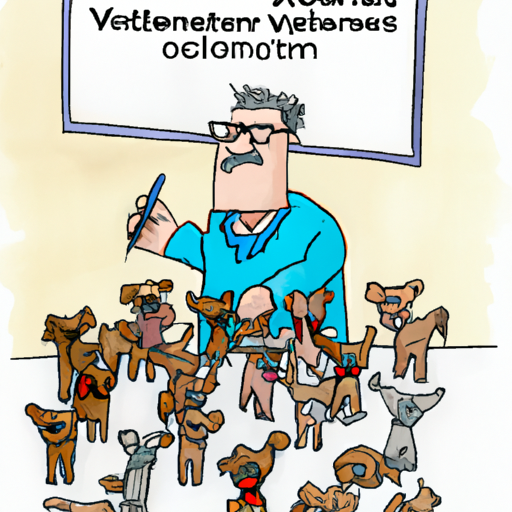Understanding Your Furry Friend’s Vaccination Schedule
As a caregiver for your beloved pet, you’re tasked with the responsibility of ensuring their health and wellbeing. Just like human kids, your four-legged children require a series of vaccinations to protect them against various diseases. It’s paramount that you understand the frequency of these shots to ensure your furry friend remains healthy and happy.
The vaccination schedule for dogs typically includes:
- Initial puppy vaccinations
- Booster shots
- Annual vaccinations
Let’s dive deeper into each of these categories.
Initial Puppy Vaccinations
Your puppy’s first set of vaccinations often starts at around 6 to 8 weeks of age, followed by a series of vaccines every 3 to 4 weeks until they’re about 16 weeks old. Here’s what the schedule might look like:
| Age | Vaccine |
|---|---|
| 6-8 weeks | Distemper, parvovirus |
| 10-12 weeks | DHPP (vaccines for distemper, adenovirus, parainfluenza, and parvovirus) |
| 12-24 weeks | Rabies |
| 14-16 weeks | DHPP |
Remember, every puppy is unique, and the schedule may vary based on their individual health needs and the vet’s recommendations.
Booster Shots
After completing the initial puppy vaccinations, your dog will need booster shots. These are typically done at one year of age and help to ensure the effectiveness of the vaccines they received as a puppy. The timing and frequency of these shots can vary based on your dog’s health and lifestyle, as well as local laws and regulations.
Annual Vaccinations
After the booster shots, your dog will transition into a schedule of annual vaccinations. These can include shots for diseases like:
- Canine distemper
- Canine parvovirus
- Canine adenovirus
- Rabies
Remember, vaccination schedules can depend on factors like your dog’s age, overall health, breed, and risk of exposure to diseases.
Understanding the Importance of Regular Vaccinations
Vaccinations play a crucial role in safeguarding your dog against various diseases. They prime your dog’s immune system to fight off infections, ensuring they stay healthy and active. Regular vaccinations also help prevent the spread of diseases among the canine population.
FAQs
Q: Can regular vaccinations have side effects on my dog?
A: In some cases, dogs might experience mild side effects like discomfort at the injection site or a slight decrease in appetite. However, these symptoms usually resolve quickly. If you notice prolonged or severe symptoms, contact your vet immediately.
Q: Are there any alternatives to vaccinations?
A: Vaccines are the most effective way to protect your dog against various diseases. While some natural remedies may boost your dog’s overall health, they don’t substitute the protection given by vaccines.
Q: Is it ever too late to start vaccinations?
A: It’s never too late to start protecting your dog’s health. If your dog hasn’t been vaccinated, speak to your vet about starting an appropriate vaccination schedule.



